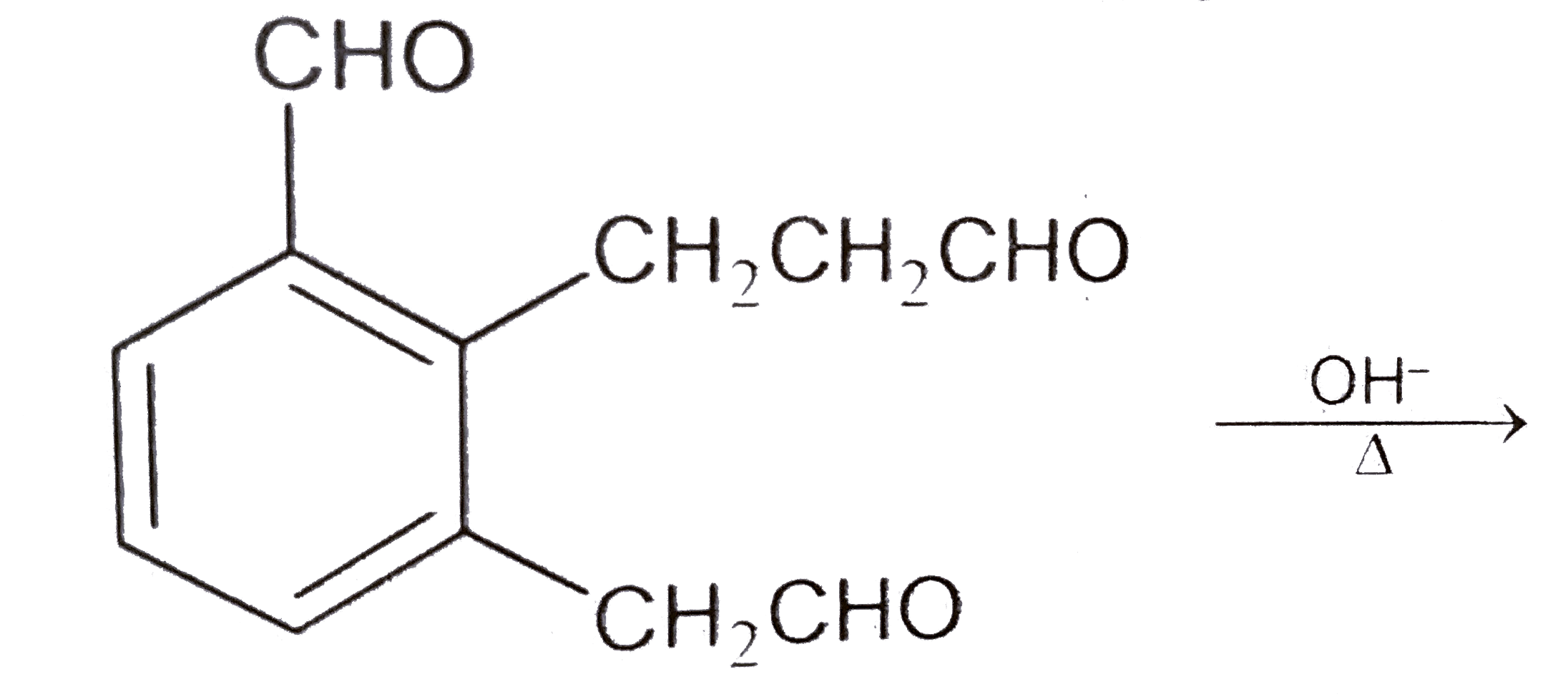Sulphur trioxide can be obtained by which of the following reactions:
CaSO4+CΔ−−→
Fe2(SO4)3Δ−−→
S+H2SO4Δ−−→
H2SO4+PCl5Δ−−→
The correct Answer is:B
To determine which reactions can produce sulfur trioxide (SO3), we will analyze each given reaction step by step.
Step 1: Analyze Reaction with Calcium Sulfate and Carbon
The first reaction involves calcium sulfate (CaSO4) reacting with carbon (C) in the presence of heat.
Reaction:
CaSO4+Cheat−−→CaO+SO2+CO
Products:
- Calcium oxide (CaO)
- Sulfur dioxide (SO2)
- Carbon monoxide (CO)
Conclusion:
This reaction produces sulfur dioxide (SO2), not sulfur trioxide (SO3).
Step 2: Analyze Reaction with Ferric Sulfate
The second reaction involves the decomposition of ferric sulfate (Fe2(SO4)3) upon heating.
Reaction:
Fe2(SO4)3heat−−→Fe2O3+SO3
Products:
- Ferric oxide (Fe2O3)
- Sulfur trioxide (SO3)
Conclusion:
This reaction produces sulfur trioxide (SO3). Thus, this is a valid reaction for producing SO3.
Step 3: Analyze Reaction with Sulfur and Sulfuric Acid
The third reaction involves sulfur (S) reacting with sulfuric acid (H2SO4).
Reaction:
S+H2SO4heat−−→SO2+H2O
Products:
- Sulfur dioxide (SO2)
- Water (H2O)
Conclusion:
This reaction produces sulfur dioxide (SO2), not sulfur trioxide (SO3).
Step 4: Analyze Reaction with Sulfuric Acid and Phosphorus Pentachloride
The fourth reaction involves sulfuric acid (H2SO4) reacting with phosphorus pentachloride (PCl5).
Reaction:
H2SO4+PCl5heat−−→SO3HCl
Products:
- Chlorosulfonic acid (SO3HCl)
Conclusion:
This reaction produces chlorosulfonic acid (SO3HCl), not sulfur trioxide (SO3).
Final Conclusion
After analyzing all the reactions, we find that only the decomposition of ferric sulfate (Fe2(SO4)3) produces sulfur trioxide (SO3). Therefore, the correct answer is:
Option B: Ferric sulfate decomposing produces sulfur trioxide.
---
The first reaction involves calcium sulfate (CaSO4) reacting with carbon (C) in the presence of heat.
CaSO4+Cheat−−→CaO+SO2+CO
- Calcium oxide (CaO)
- Sulfur dioxide (SO2)
- Carbon monoxide (CO)
This reaction produces sulfur dioxide (SO2), not sulfur trioxide (SO3).
The second reaction involves the decomposition of ferric sulfate (Fe2(SO4)3) upon heating.
Fe2(SO4)3heat−−→Fe2O3+SO3
- Ferric oxide (Fe2O3)
- Sulfur trioxide (SO3)
This reaction produces sulfur trioxide (SO3). Thus, this is a valid reaction for producing SO3.
The third reaction involves sulfur (S) reacting with sulfuric acid (H2SO4).
S+H2SO4heat−−→SO2+H2O
- Sulfur dioxide (SO2)
- Water (H2O)
This reaction produces sulfur dioxide (SO2), not sulfur trioxide (SO3).
The fourth reaction involves sulfuric acid (H2SO4) reacting with phosphorus pentachloride (PCl5).
H2SO4+PCl5heat−−→SO3HCl
- Chlorosulfonic acid (SO3HCl)
This reaction produces chlorosulfonic acid (SO3HCl), not sulfur trioxide (SO3).
After analyzing all the reactions, we find that only the decomposition of ferric sulfate (Fe2(SO4)3) produces sulfur trioxide (SO3). Therefore, the correct answer is:
Similar Questions
Knowledge Check
Acetaldehyde can be obtained from which of the following reactions?
ACH3CH2OhCu/Δ−−−→BCH3−O∣∣C−ClPd.BaSO4−−−−−−−−→H2.ΔC(CH3COO)2Ca+(HCOO)2CaΔ−−→DH3C−CH=C∣CH3−PhO3−−−−−−→Zn−H2O
Phosphine is not obtained by which of the following reaction?
View SolutionWhich can be the product of the following reaction

View SolutionSulphur dioxide can be used as:
View SolutionThe product obtained by the hydrolysis of the adduct formed by the reaction of ethyl magnesium iodide with methanal can also be prepared by which of the following reaction?
View SolutionWhich product can't be obtained in following reaction ?

View SolutionWhich of the following product will be obtained in the following reaction ?

View SolutionHot concentrated sulphuric acid is a moderately strong oxidizing agent. Which of the following reaction does not show oxidizing behaviour?
View Solution
